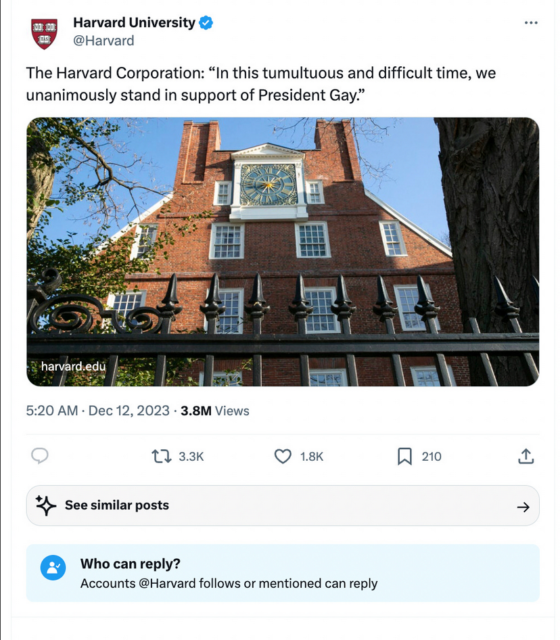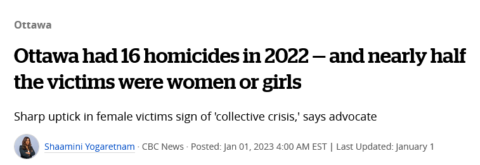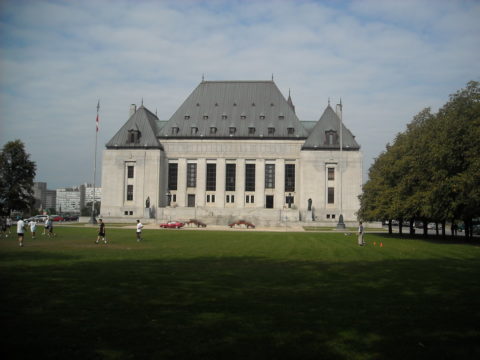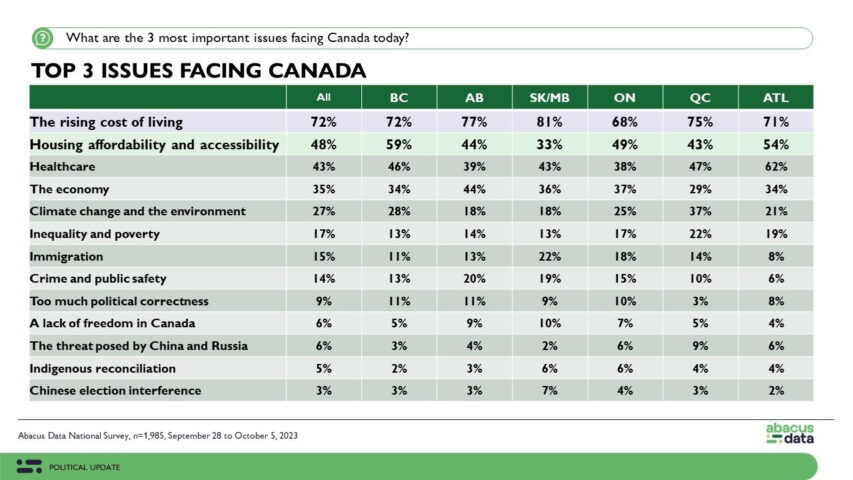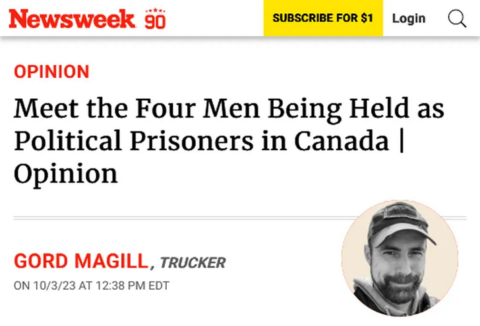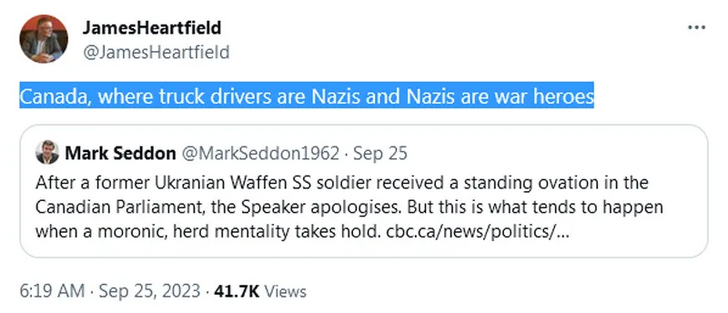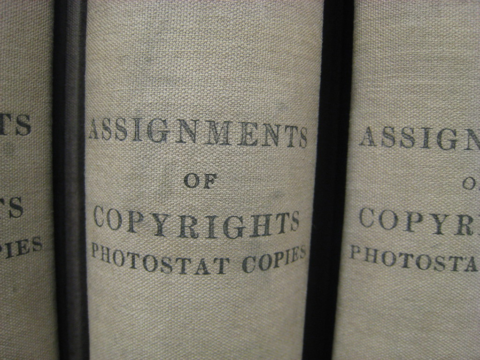“Autonomous Truck(er)s” describes the “Lawfare Archipelago” as Justin Trudeau’s government persecutes Tamara Lich and Chris Barber for their part in organizing the Freedom Convoy movement in 2022:
It has been almost two years since Canada’s Freedom Convoy took the country, and the world, by storm. In what has been hailed around the globe as the most popular protest anywhere against the international Covid Regime, represented in Canada by the venal and vindictive Prime Minister Justin Trudeau, the Truckers of the Freedom Convoy still occupy a place as heroes to millions.
Everyone remembers how the Freedom Convoy was crushed by Trudeau’s invocation of the Emergency Measures Act, and how bank accounts were frozen, credit cards, insurance, the entire financial lives of hundreds of people that were completely shut down. The police crackdown on peaceful protesters, smashing of windows and other vandalism committed against the protesters vehicles, trampling people with horses, the beatings, the arrests; an overwhelmingly disproportionate and wholly unnecessary asymmetric response.
In December of 2023, however, a number of those truckers and their supporters are still facing adversity and punishment, including potential jail time, with ongoing court cases, and in the situation with The Coutts 4, a trial which hasn’t even started yet.
These cases are illustrative of the corruption of the Canadian political system, the media, the courts and ‘justice system’, and the subversion of some of the founding pillars of western civilization.
Canada is no longer a free country by any stretch of the imagination.
Part 1 : Tamara Lich and Chris Barber
On Thursday, November 30, just a few weeks ago, I traveled to Ottawa to take part in an interview for a documentary film being made by former CBC journalist and now freelance podcaster Trish Wood, whose working title is The Trials of Tamara Lich. Trish had stumbled upon my writings and podcasts here at Substack, and invited me on her show to discuss the situation with the Coutts men being held as political prisoners. Impressed with my work on that, as well as my history in trucking and perspectives on the deeper meaning behind the Freedom Convoy, she wanted me to appear in this documentary; I was honored to be asked and happy to oblige.
As of this writing, the trial is on Christmas break, and may, possibly resume in March 2024. It should be noted that for the primary charges that Lich and Barber are facing, in their roles as organizers of the Ottawa portion of The Convoy, a 100% peaceful protest whose only acts of violence or property damage came at the hands of the police, they now hold the record for the longest ‘mischief’ trial in Canadian history.
Given the actions of our government, perhaps it is they who should be the accused.
Chris “Big Red” Barber, a trucker from Saskatchewan who specializes in hauling oversize agricultural equipment, became one of the faces of the Freedom Convoy through his frequent TikTok videos, sharing news about the protest to his many followers online.
It is these TikTok videos that appear to be the bulk of the evidence the Crown has against Mr Barber, though sharing information on a publicly available platform seems the kind of “crime” one would expect to be prosecuted in the country where TikTok is headquartered, The People’s “Republic” of China. The basic dictatorship, we should recall, that is “admired” by Prime Minister Trudeau.
Quelle surprise, coming from Cuba’s most infamous son.
The deeply unsurprising lack of evidence on the part of the Crown is one reason why this case continues nearly two years later; Trudeau, and the Laurentian Elite by whom he was groomed for glory, cannot accept that they went way out over their skis in the gross mismanagement of Covid, and their utterly disgusting treatment of the Freedom Convoy.
An example must be made of Barber and Lich, who are both facing ten years in prison should the Crown get the convictions they desire. “Copping a Tenner”, as they used to call a trip to one of Stalin’s Gulag Camps, is quite a cost to satiate Trudeau’s latent authoritarian proclivities and his narcissistic vanity. One wonders if this is not also an effort to prove to his real constituency, the forces of global corporatism and control exemplified by WEF leader Klaus Schwab, that Trudeau will preserve the image of the brand.



